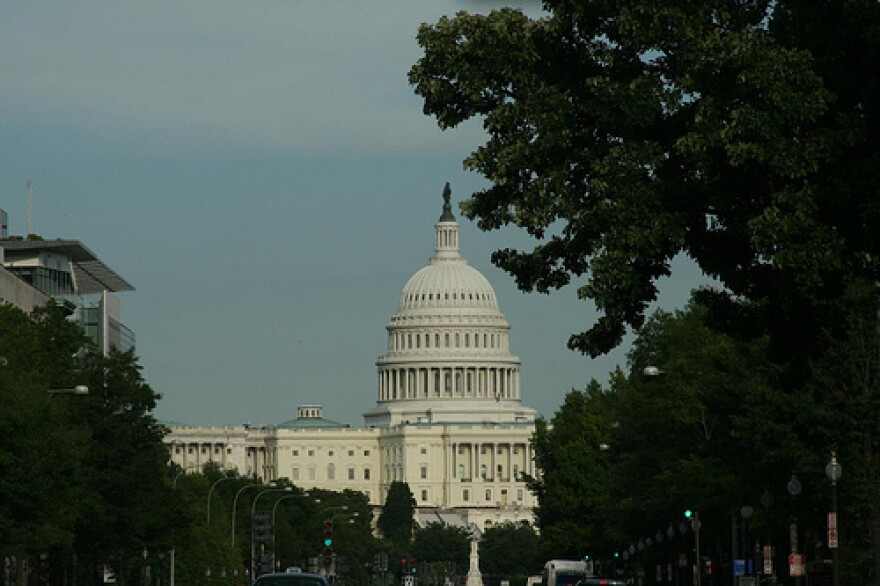In addition to the widely discussed Individual provisions in the American Taxpayer Relief Act, the deal which may yet go before a vote in the House of Representatives Tuesday, includes a raft of extensions to tax credits related to business research and renewable energy production.
A range of credits which expired at midnight have been extended to the end of 2013, with some taking retrospective effect to include activity in 2012. In particular the Renewable Electricity Property Wind Production Tax Credit would be extended for another year. The industry recently put forward its own plan for a four-year extension to the PTC to end in 2018.
Proponents argued that without the credit up to 37,000 workers would lose their jobs, while opponents have argued that the subsidy results in energy under-pricing. A number of other entities including the Natural Resources Defense Council have come out strongly in favor of the extension.
The extension reads in part:
Under current law, taxpayers can claim a 2.2 cent per kilowatt hour tax credit for wind electricity produced for a 10-year period from a wind facility placed-in-service by the end of 2012 (the wind production tax credit). The bill extends through 2013 the production tax credit for wind. The provision also modifies section 45 to allow renewable energy facilities that begin construction before the end of 2013 to claim the 10-year credit, and amends section 45 to clarify that commonly recycled paper is excluded from qualifying from the production tax credit. Based on preliminary estimates, this proposal is estimated to have a net of cost $12.1 billion over ten years.
Other notable extensions under Article IV of the bill; Energy Provisions include those covering Biodiesel and renewable diesel, Cellulosic Biofuels and alternative fuel and fuel mixtures.
Incentives for making energy-efficient renovations to existing homes and new constructions are also a part of the bundle going before the House of Representatives after being passed early on New Year's Day morning by the Senate.
R&E tax credit
The tax credit for research and experimentation expenses* was first introduced in 1981 and was extended 13 times before expiring at the end of 2011. The credit has generally had broad bi-partisan support and would also encompass activity during 2012.
The bill extends for two years, through 2013, the research tax credit equal to 20 percent of the amount by which a taxpayer’s qualified research expenses for a taxable year exceed its base amount for that year and provides an alternative simplified credit of 14 percent. The bill also modifies rules for taxpayers under common control and rules for computing the credit when a portion of a trade or business changes hands. Based on preliminary estimates, a two-year extension of this proposal is estimated to cost $14.3 billion over ten years.
*Although this credit has previously been called the Research and Experimentation (R&E) Tax Credit (and the R&D Tax Credit in the Senate Finance Committee paperwork), the measure is called the Research Credit in the legislation.
Here's a recent release from the Metropolitan Policy Program at Brookings arguing for a permanent and simplified version of the R&E tax credit. Senator Kirsten Gillibrand (NY-D) has also been a supporter of a permanent and expanded R&E credit.

